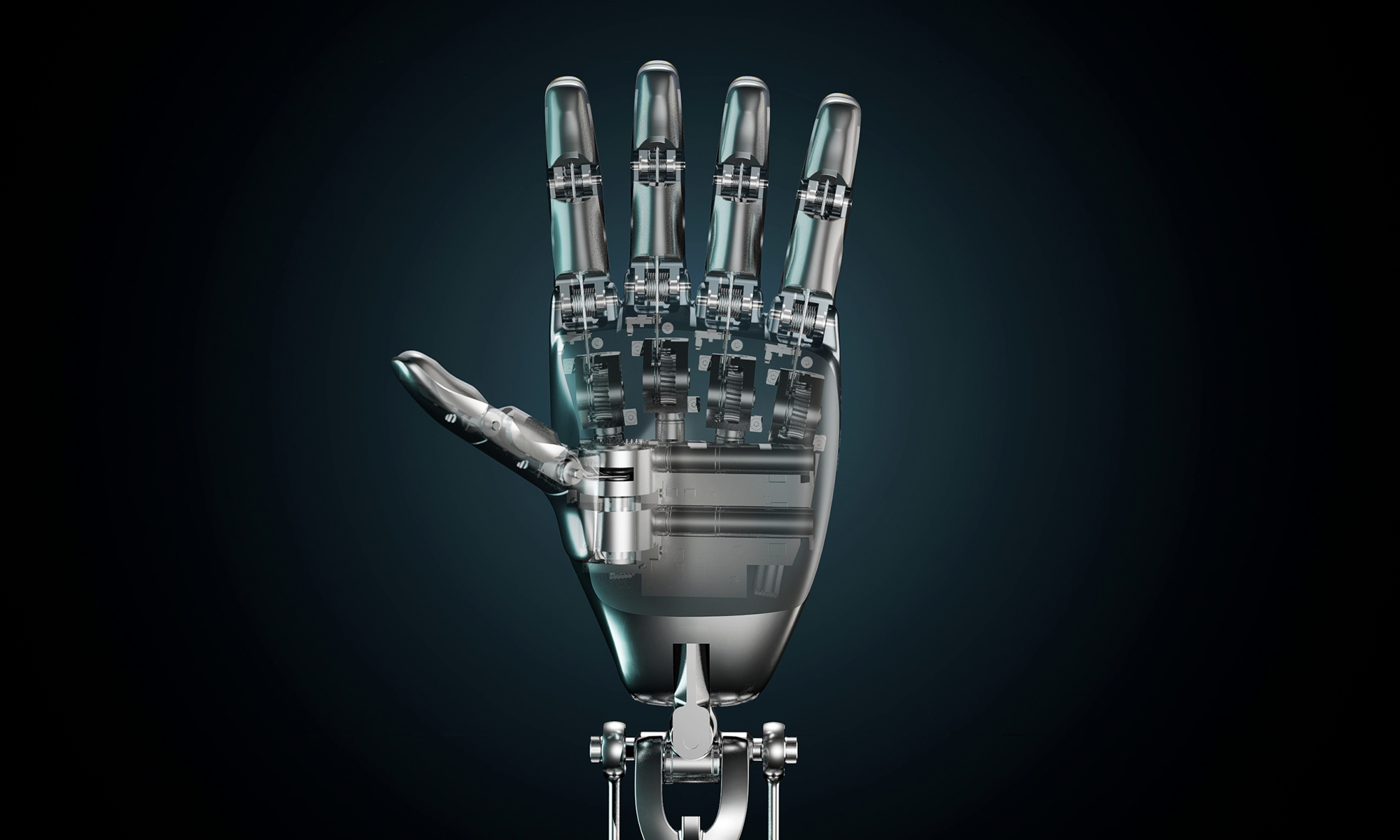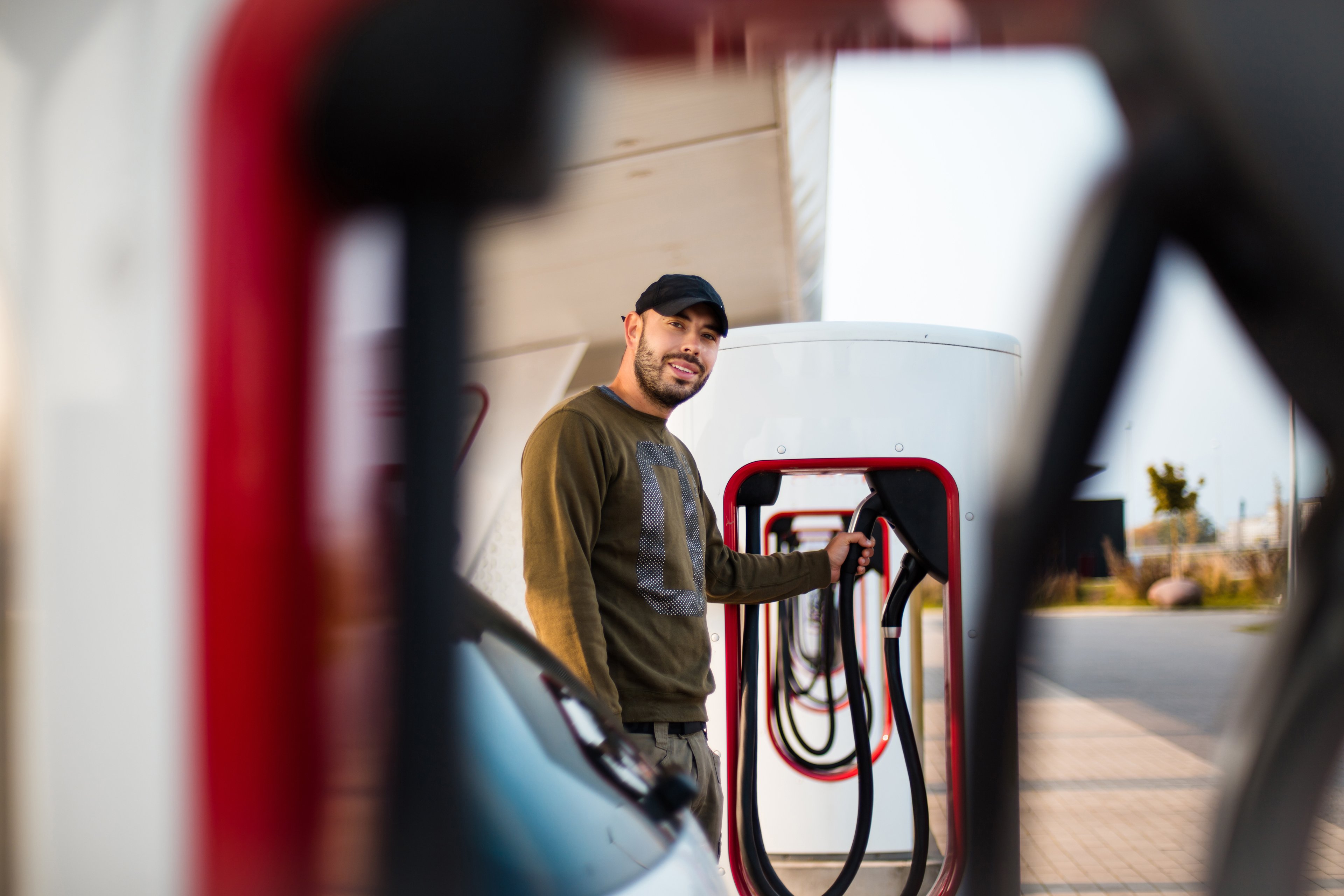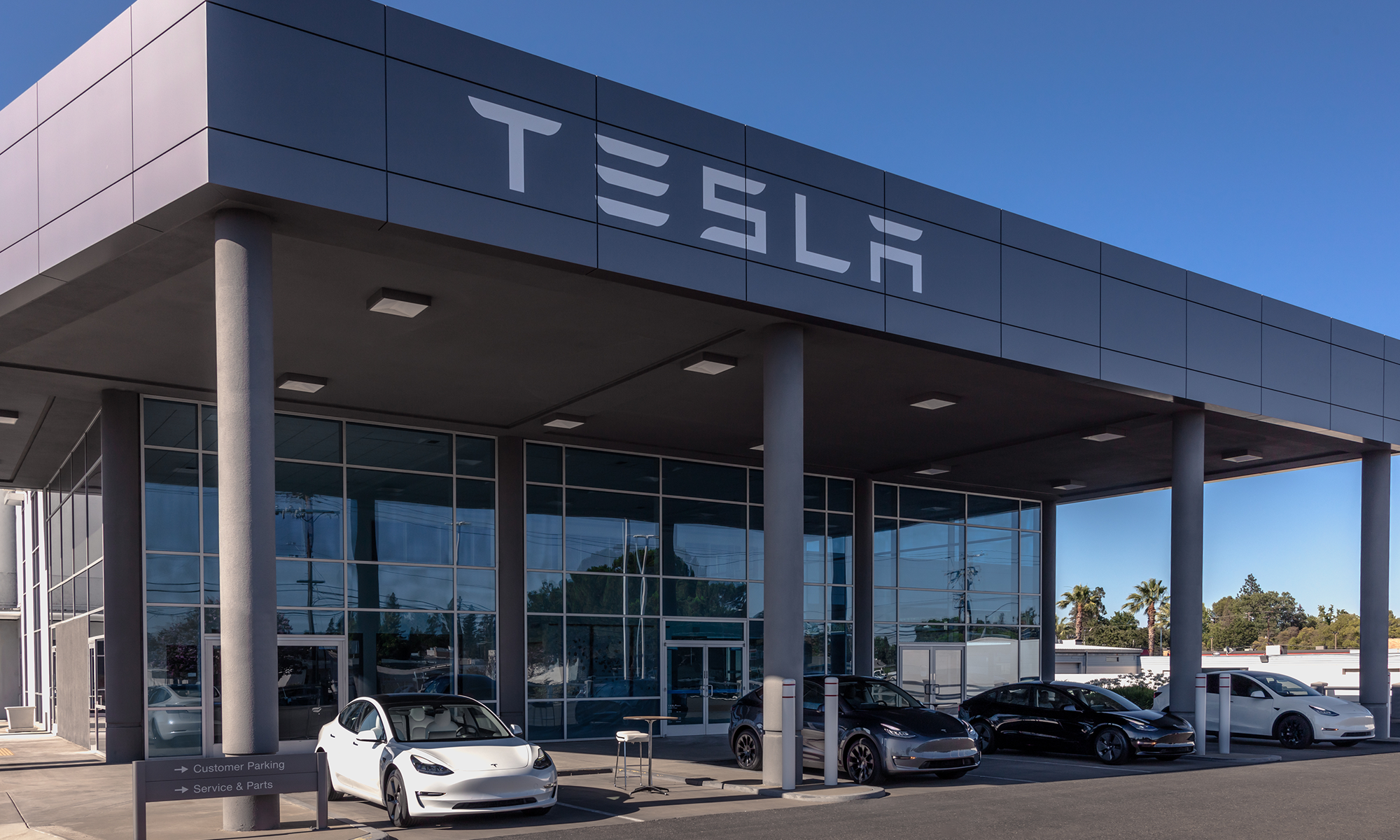The auto industry has been hit particularly hard by the coronavirus pandemic: Automakers' factories were closed in many countries amid worldwide efforts to slow the spread of COVID-19, and electric-car maker Tesla (TSLA 4.17%) was no exception. After dealing with the relatively short shutdown of its Shanghai factory that began in February, the company was forced to shut down its Fremont, California, factory in March.
But things are looking up again for auto manufacturers, Tesla included. Over the weekend, Tesla was given official permission from California's Alameda County to resume production in Fremont, according to the San Francisco Chronicle.

Image source: The Motley Fool.
Tesla gets the go-ahead
Tesla and its CEO, Elon Musk, have been pushing back hard against the government-mandated shutdowns, but despite the tension that has created between company and county, the electric-car company got permission to begin manufacturing vehicles this week. "We have local support to get back to full production at the factory starting this upcoming week," wrote Tesla's vice president for environmental, health, and safety in a letter to employees over the weekend, reported the Chronicle.
In a statement last week, Alameda County said that after reviewing Tesla's COVID-19 Prevention and Control Plan for reopening operations at its factory, the automaker would be allowed to restart "minimum basic operations" in preparation for full operation under the plan's restrictions this week. Tesla, however, reportedly started attempting to ramp up production beyond those authorized operations, and began producing vehicles last week as it continued to negotiate with the county.
Could Tesla deliver 500,000 vehicles this year?
With Tesla authorized to begin bringing both of its vehicle factories back up to full production, investors can have more confidence in its ability to return to rapid growth in 2020.
Going into the year, Tesla aimed to deliver more than 500,000 vehicles during the year -- up from 368,000 in 2019. In the company's first-quarter update, however, Tesla withdrew its outlook on deliveries, but said it had "the capacity installed to exceed 500,000 vehicle deliveries this year, despite announced production interruptions." Tesla also noted that "it remains uncertain how quickly we and our suppliers will be able to ramp production after resuming operations."
While it's too early to know whether the company will be able to get back on pace to hit its original target for the year, the official restart of production in California does likely put it back on track to at least grow total deliveries meaningfully in 2020. That's particularly true since Tesla will have the benefit of high-volume production at its Shanghai factory, which didn't start producing vehicles until the end of 2019.






